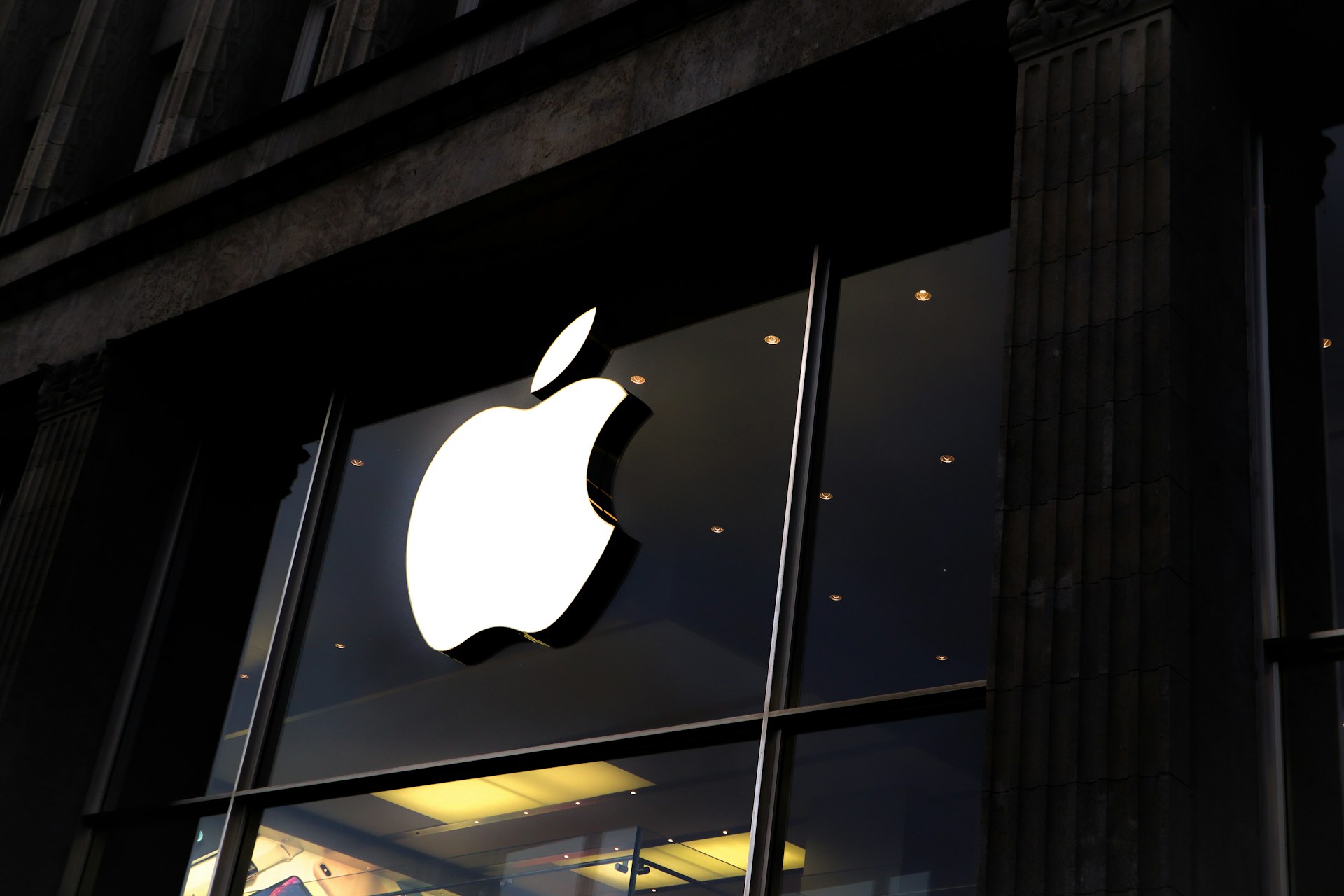The British government’s decision to quietly pull back from its demand that Apple create a backdoor into encrypted iCloud services marks a decisive moment in global tech regulation. Invoking the Investigatory Powers Act, the UK had sought access to Apple’s Advanced Data Protection feature – a move that risked undermining end-to-end encryption worldwide. Apple responded by withholding the service in the UK and threatening legal action, prompting a de-escalation reportedly driven by pressure from the United States and concerns over reputational fallout.
For privacy advocates, the outcome confirms that forcing backdoor access can erode user trust and weaken overall cybersecurity. From a business perspective, Apple’s refusal signals a strategic commitment to privacy as a competitive advantage, with strong encryption increasingly valued not only by consumers but also by institutional clients and investors. Maintaining global uniformity in product features helps safeguard the brand’s integrity and shareholder confidence – an imperative in fast-moving tech markets.
The episode also serves as a warning to regulators about the complexity of legislating against widely deployed cryptographic systems. While governments argue that lawful access is necessary to combat terrorism and cybercrime, tech companies maintain that any weakening of encryption – even domestically risks creating vulnerabilities that adversaries could exploit across borders. International reaction to Britain’s now-stalled directive suggests future interventions will face greater diplomatic, legal and commercial scrutiny.
As digital sovereignty and national security agendas increasingly collide with user-centric innovation, this dispute illustrates how major technology firms are positioning themselves not only as service providers but as global policy actors. The UK’s retreat underscores the limits of unilateral regulation in a hyperconnected world and hints at a future in which public-private balance will shape the evolution of data protection, surveillance law, and digital trust.


